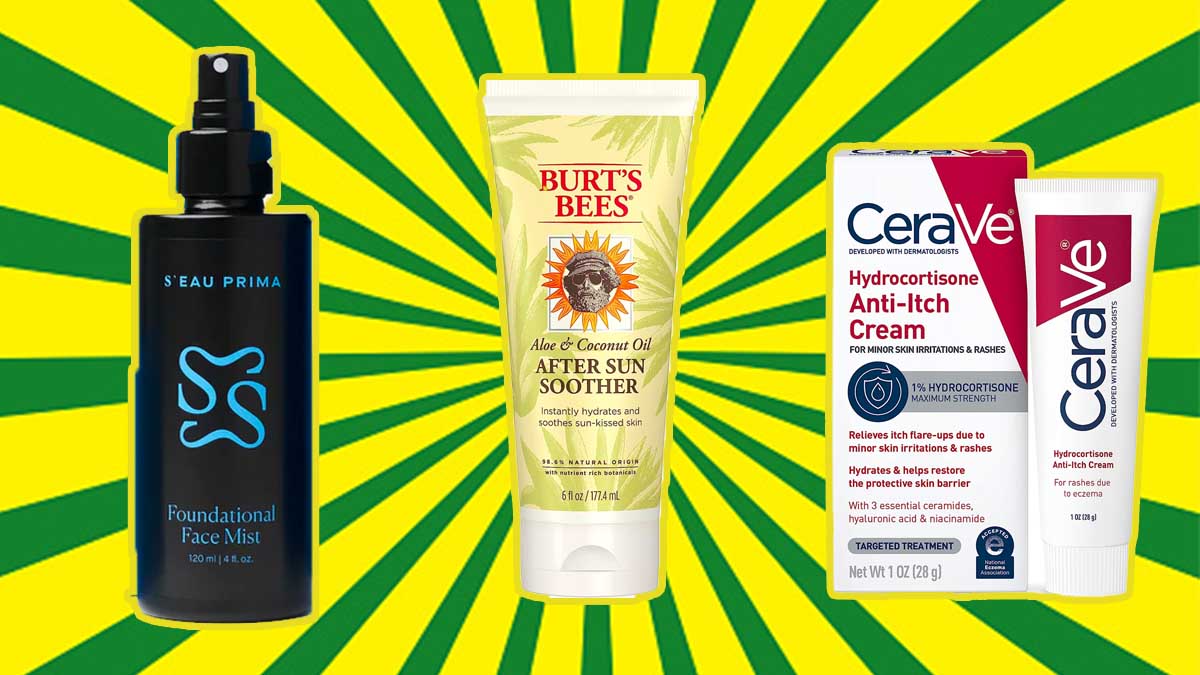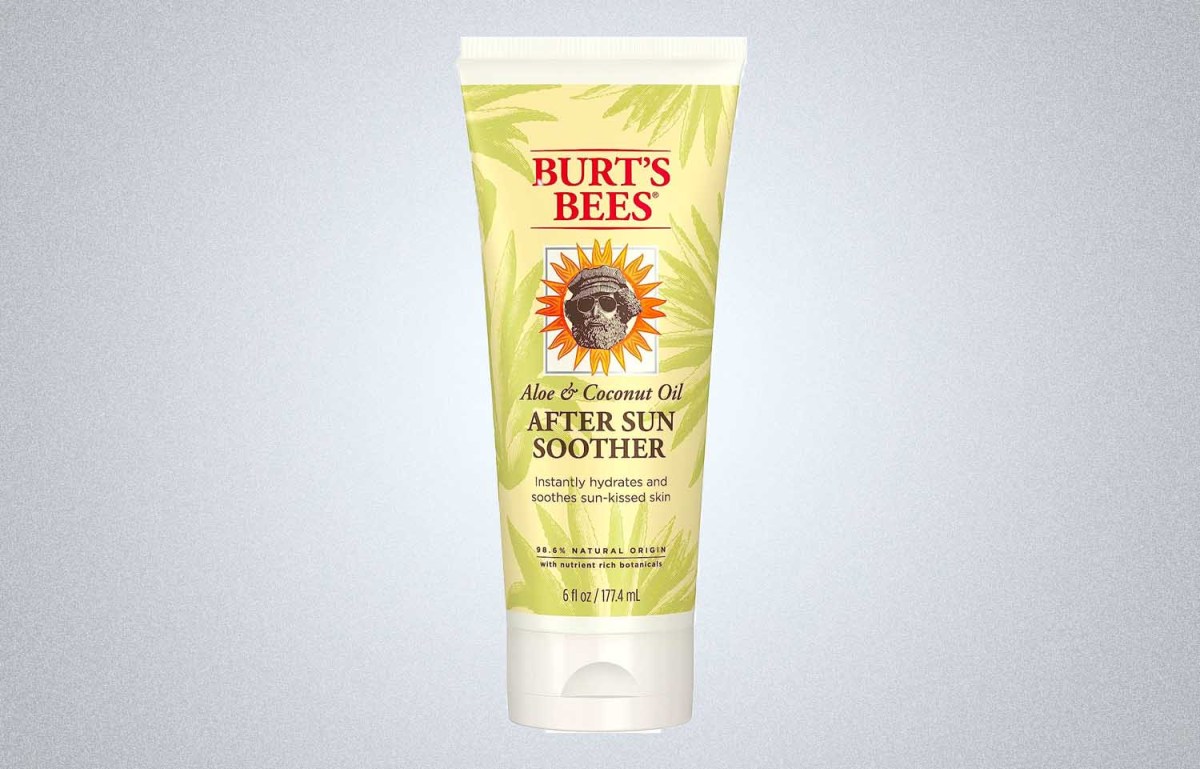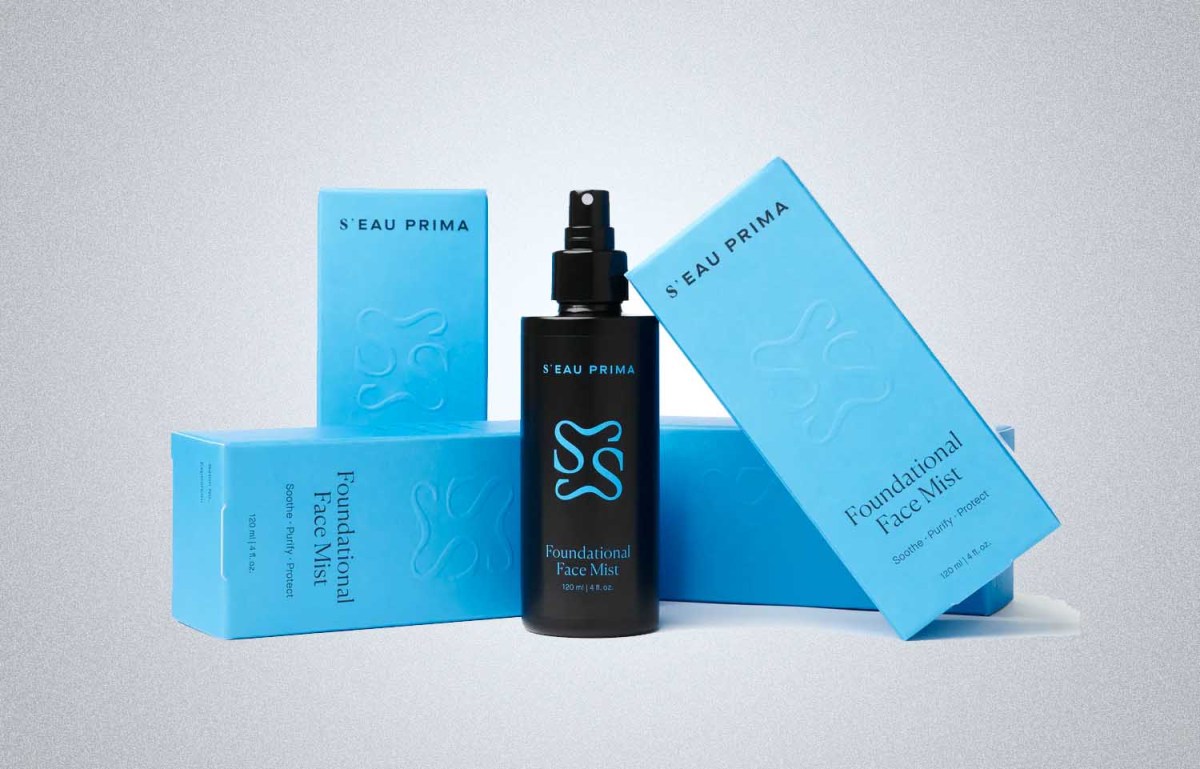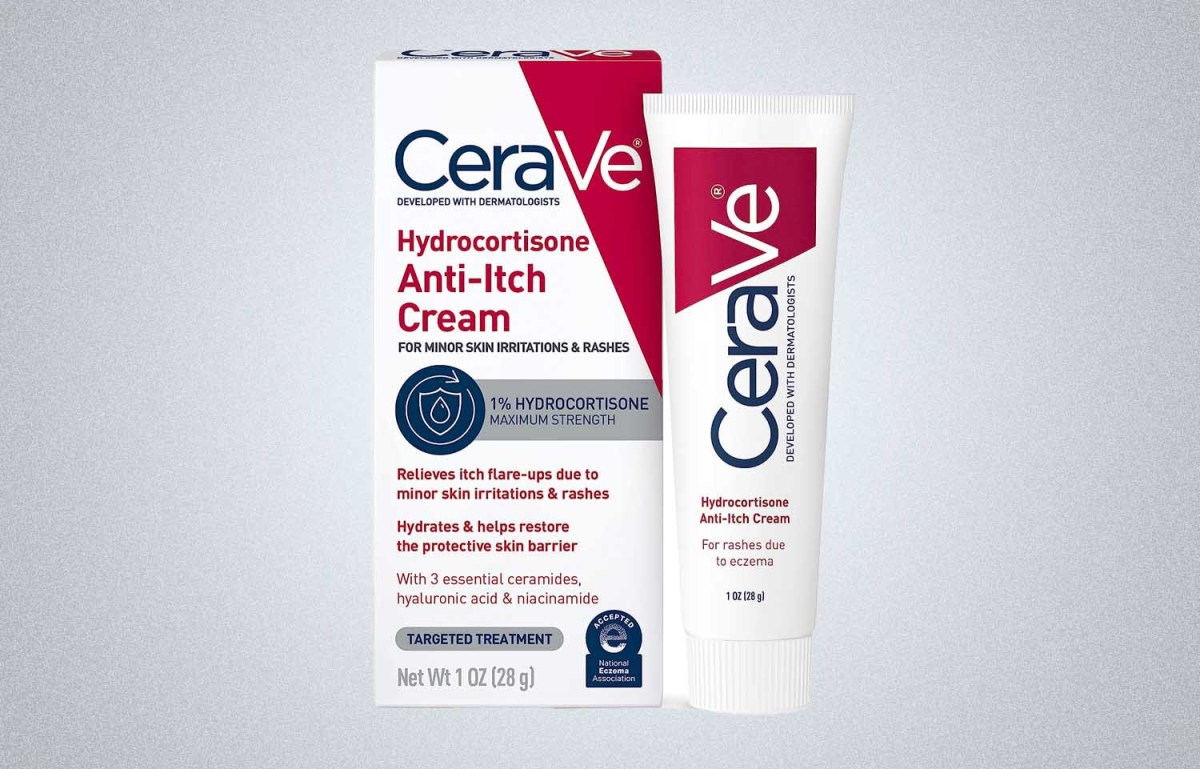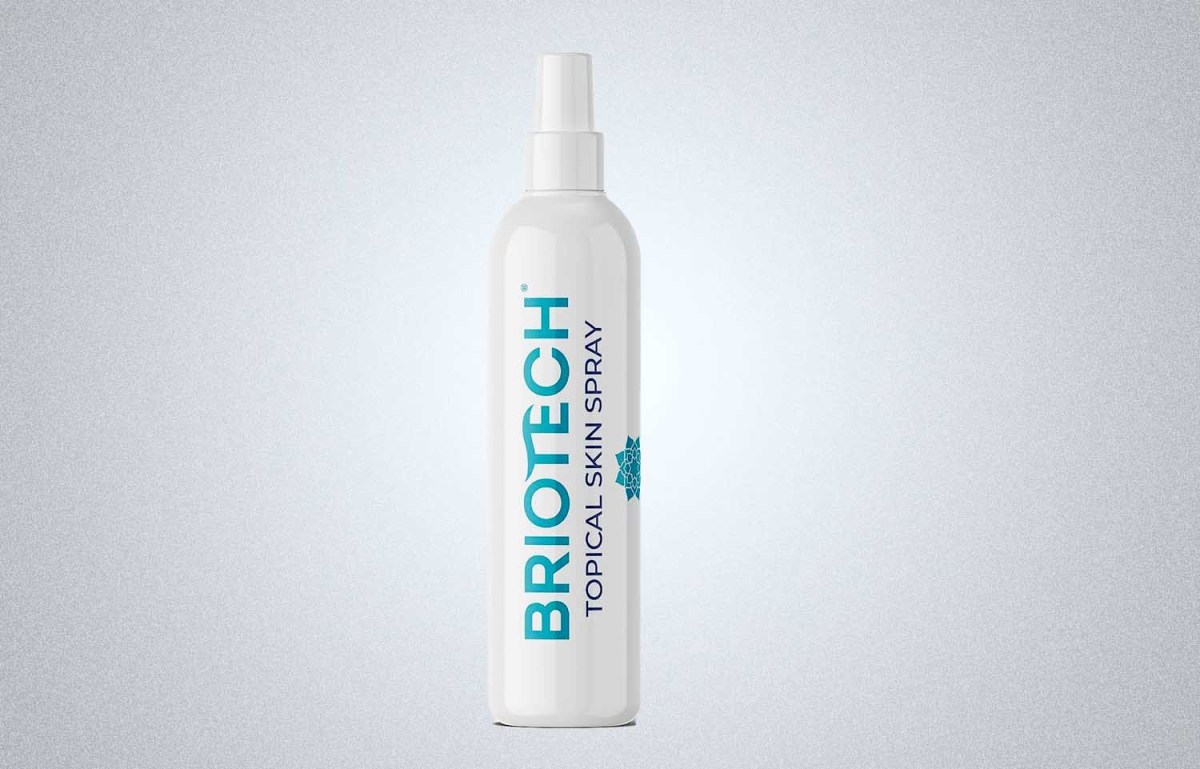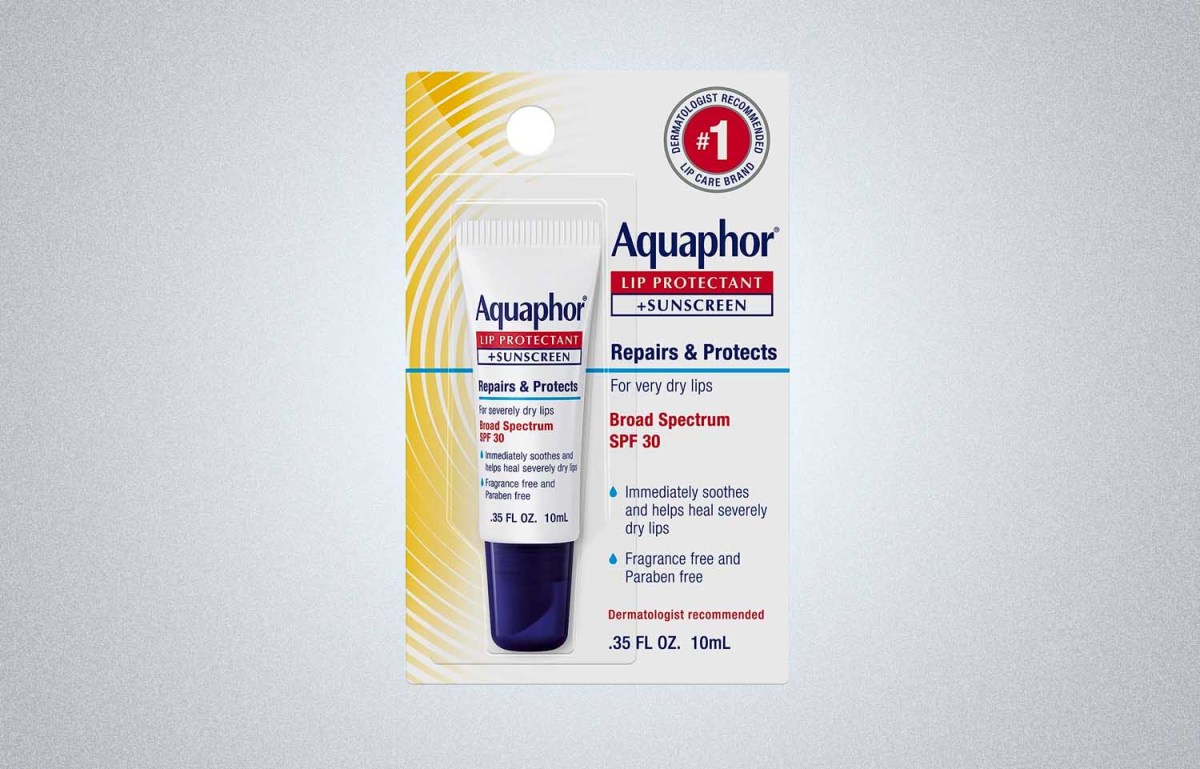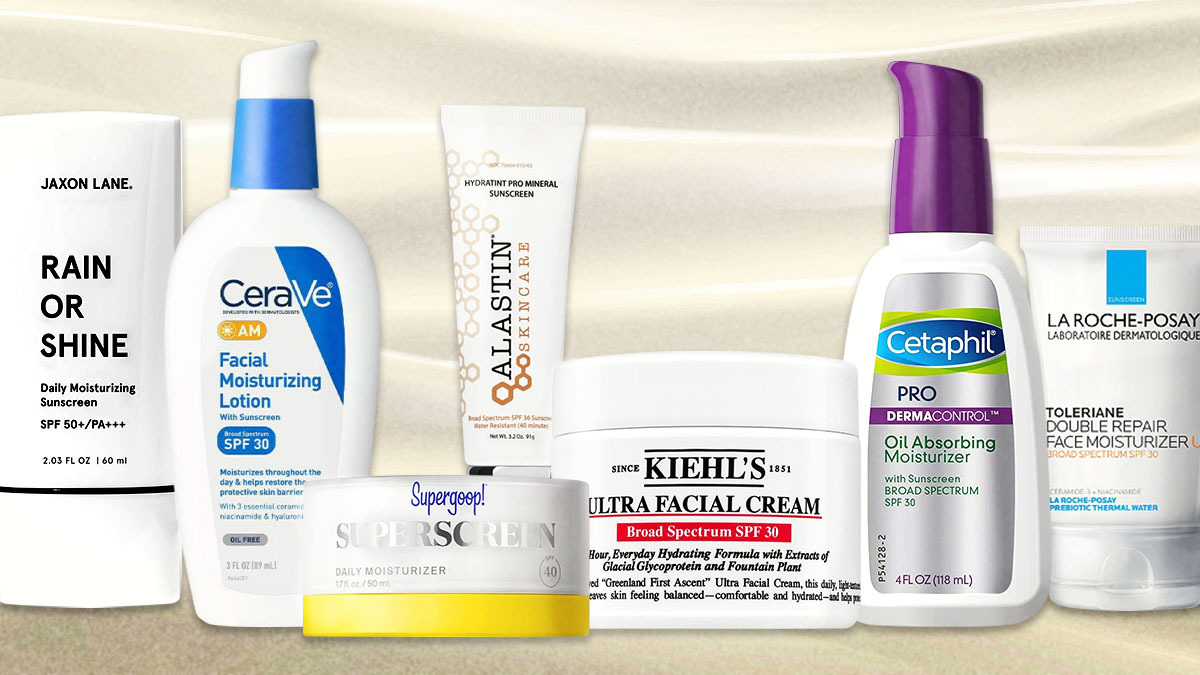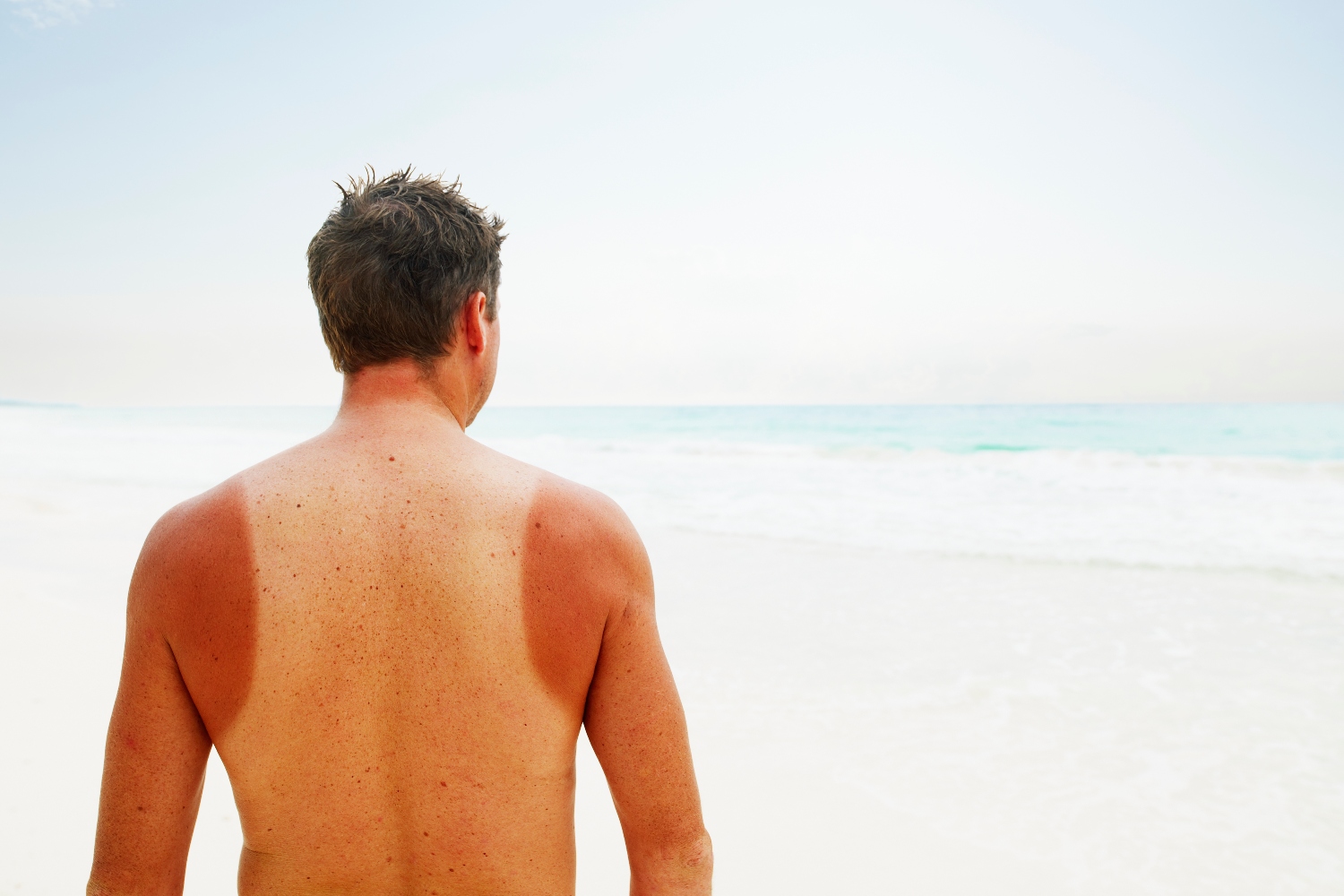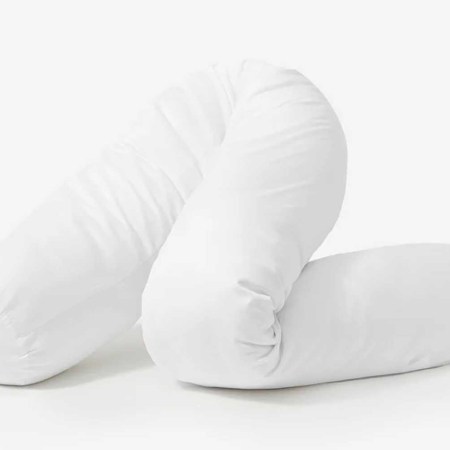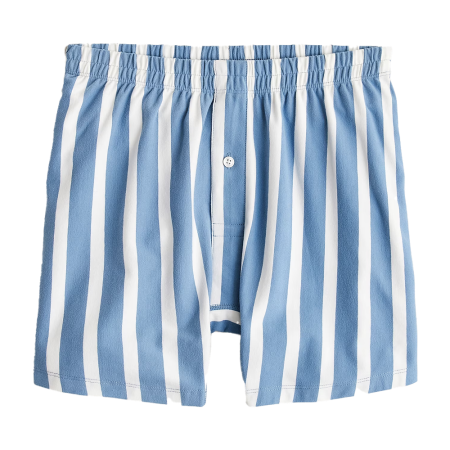Nota bene: All products in this article are independently selected and vetted by InsideHook editors. If you buy something, we may earn an affiliate commission.
The best course of action to protect yourself from the sweltering heat is to stay hydrated and preferably out of the sun. However, it’s summertime baby! And after a cold, dreary winter we’re ready to sit by a large body of water with a hard seltzer in hand and soak up some rays — safely.
Hopefully someone — your partner, doctor or favorite men’s lifestyle publication — has urged you not to take the risk with ol’ skin cancer and, instead, encouraged you to start applying copious amounts of SPF to your face and body daily. But we understand, that’s easier said than done.
We forget to reapply or stupidly attempt to tan naturally. Even if you’re diligent with your SPF, sunburn somehow seems to slip through the cracks (or the places your hands can’t reach.) Most of us have experienced a painful, unsightly burn at least once in our lives and the likelihood of it happening again is probably high. So it’s best to know how to treat your burns the correct way.
We tapped board-certified dermatologist and founder of SmarterSkin Dermatology Dr. Sejal Shah to get the low down on all things sunburn: how it happens, how to treat it and how to prevent it in the first place.
First, how does one get scorched by the sun, and what are the risks associated with getting burned?
Sunburn occurs when your skin is exposed to too much UV light. “A sunburn is an inflammatory reaction to excess damaging ultraviolet radiation. It is a radiation burn,” explains Shah.
As you probably know, frequent sun exposure can lead to skin cancer, including melanoma. However, there are cosmetic risks as well. Repeated sunburns can also cause premature skin aging, wrinkles, hyperpigmentation and scarring.
How can you tell the severity of your burn?
The initial signs of sunburn can appear within minutes after sun exposure, says Dr. Shah. Once burned, your skin can turn red within hours and the sunburn can continue to develop for the next 24 to 72 hours. Depending on the severity, sunburn can take days to weeks to heal. Meanwhile, the degree of the burn is contingent on how severely the skin is damaged.
“The 2 most common [sunburns] are first and second-degree burns. A first-degree burn damages the outer layer of the skin and is characterized by redness, dryness and pain, while a second-degree burn damages the dermis and is characterized by blistering in addition to the symptoms of a first-degree burn. This type of burn can potentially cause scarring,” explains Shah. “Third and fourth-degree burns are generally rare and are deeper and more severe than second-degree burns and may require hospitalization.”
What are the best remedies for sunburn?
According to Dr. Shah, here’s how you can effectively treat your burns to relieve pain and ward off infection:
- Take cool baths or showers to relieve pain and cool the area. Pat dry the skin so that it is not completely dry and then apply moisturizer to soothe the skin and improve dryness.
- Using soothing and anti-inflammatory products such as aloe vera or hypochlorous acid-based products like S’eau Prima’s Foundational Face Mist will help soothe your sunburned skin, and also purify skin by fighting bacteria and reducing inflammation.
- Apply a moisturizer with ingredients that soothe and support the skin, such as ceramides, niacinamide, and chamomile. If your skin is especially sensitive, apply a hydrocortisone cream.
- Drink lots of water! A sunburn draws fluid to the skin’s surface and away from the rest of the body. Drink extra water when you are sunburned to help prevent dehydration.
- Consider NSAIDs (non-steroidal anti-inflammatory drugs) to reduce swelling and discomfort.
- Let your skin fully heal — wear clothing that covers you.
What if my skin is sensitive to aloe vera?
“Hypochlorous Acid (HOCl) is a great alternative for those with sensitive skin,” offers Shah. At very low concentrations, HOCl is anti-inflammatory and antimicrobial, so not only does HOCI soothe the skin, but it protects it from developing infections.
Skip the burn with these preventative measures:
- Always wear a hat to protect your face, scalp and neck. The bigger, the better, says Shah.
- Wear loose clothing that covers your arms and arms and legs and sunglasses with UVA and UVB protection. Always check the UV rating on the label when you purchase new glasses.
- Avoid being outside in the sun, if possible, between the hours of 10am and 4pm, when the sun’s rays are the strongest.
- Wear sunscreen and reapply every two hours. And don’t forget SPF lip balm to protect your lips.
The Best Sunburn Treatments
We've put in the work researching, reviewing and rounding up all the shirts, jackets, shoes and accessories you'll need this season, whether it's for yourself or for gifting purposes. Sign up here for weekly style inspo direct to your inbox.
